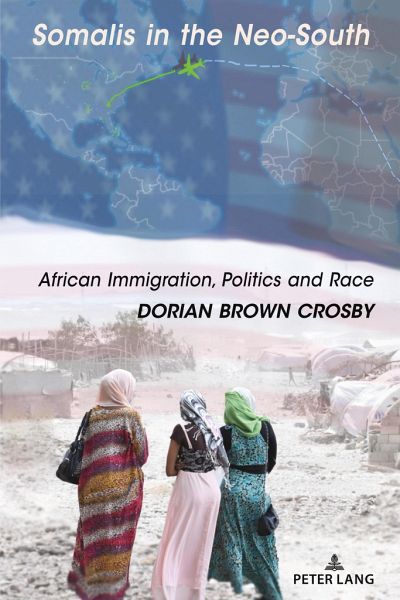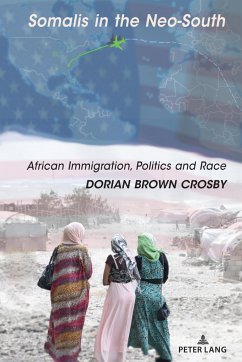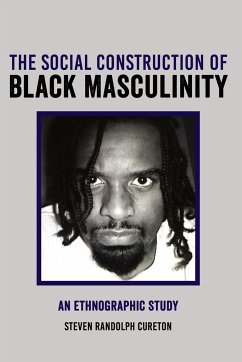
Somalis in the Neo-South
African Immigration, Politics and Race
Versandkostenfrei!
Versandfertig in 6-10 Tagen
52,35 €
inkl. MwSt.
Weitere Ausgaben:

PAYBACK Punkte
0 °P sammeln!
As demographics change and the southern American region grows more multicultural, clashes between mentalities and contemporary population realties increase. Somalis in the Neo-South: African Immigration, Politics and Race offers a balanced and insightful look at Somalis in the southern United States. Politically centered, it is a thought-provoking book that presents an essential and positive alternative to the familiar portrayal of Somalis in the United States as terrorists. It explains the U.S. resettlement process and illuminates the civic engagement and entrepreneurship of Somalis in Clarks...
As demographics change and the southern American region grows more multicultural, clashes between mentalities and contemporary population realties increase. Somalis in the Neo-South: African Immigration, Politics and Race offers a balanced and insightful look at Somalis in the southern United States. Politically centered, it is a thought-provoking book that presents an essential and positive alternative to the familiar portrayal of Somalis in the United States as terrorists. It explains the U.S. resettlement process and illuminates the civic engagement and entrepreneurship of Somalis in Clarkston, Georgia, and Nashville, Tennessee.














